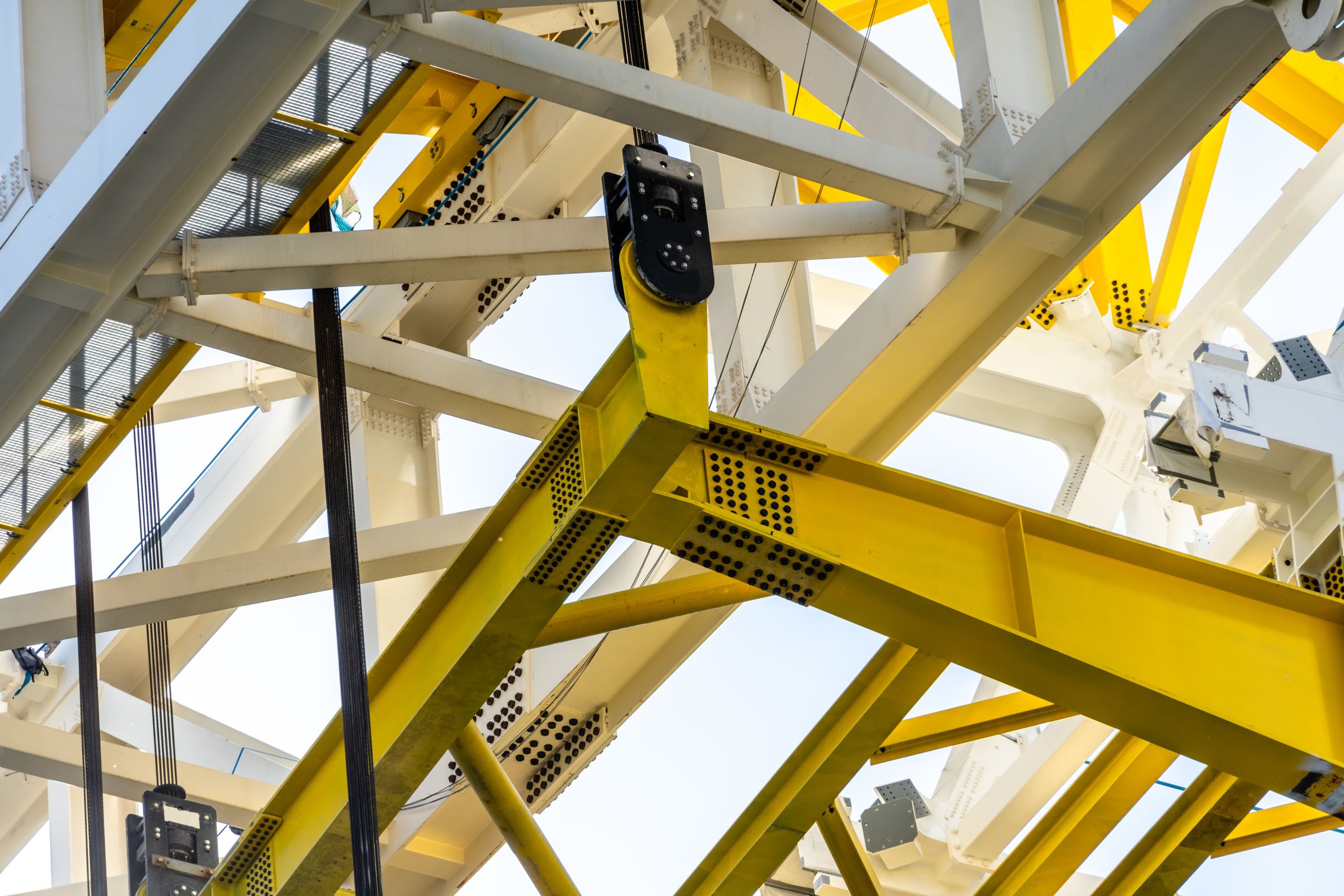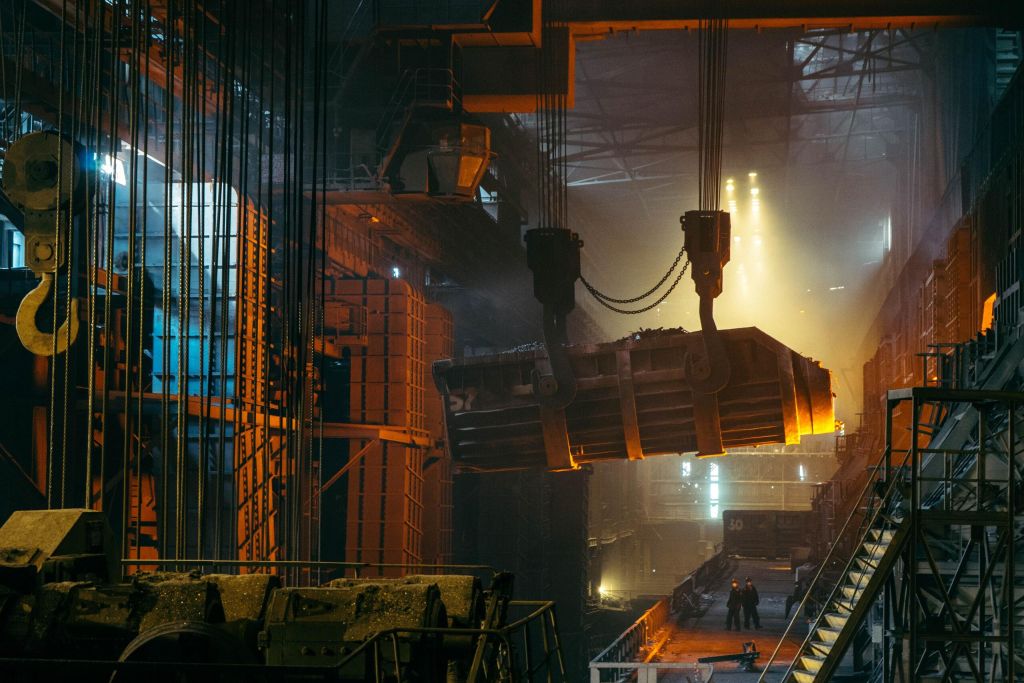Intro
The structural integrity of a piece of equipment or part is essential for the proper functioning of an industrial operation. To ensure safety within industries, it is in the operation and maintenance phase that integrity managers have the great challenge of ensuring that all equipment in operation can maintain their levels of productivity, safety, and performance through continuous monitoring and corrective actions, if necessary.
In this blog, we will talk a little about the main characteristics of problems related to the structural integrity of equipment, and how these problems can be addressed.
What is it
Structural integrity refers to an asset’s ability to withstand loads without deforming beyond safe levels or generating cracks that may compromise the asset’s ability to continue to perform its functions in the future. The equipment must support its own weight and resist possible natural forces such as strong winds or adverse weather conditions.

Common failures
Some of the main causes of failure related to the structural integrity of an asset include:
- Deformation by excessive load: This failure is due to loads that push the stress levels of equipment beyond its capacity, generating catastrophic accidents
- Corrosion: Although it is a natural phenomenon, corrosion is responsible for numerous problems in an industrial operation, including structural integrity. If not well managed, the corrosive process tends to spread through the equipment, fatiguing it to the point of failure under normal load conditions.
- Quality of materials: The quality or specifications of a material is a fundamental aspect for the good structural integrity of an asset. If the asset is manufactured from inadequate materials the chances of collapse or accidents become imminent.
- Manufacturing errors: Just as the choice of a material can be a fundamental cause of an accident, so can the way the equipment is manufactured. Process errors can trigger malfunctions and unexpected failures in the middle of an operation.
- Inefficient asset integrity management: Even if the structure displays the problems noted above, it is possible to predict and monitor conditions to prevent accidents through effective predictive maintenance. If managers don’t have effective asset integrity management, they may have great trouble understanding what the maintenance priorities are, and fail to perform mitigating actions before a failure occurs.
Understand all central concepts behind Asset Integrity Management
How could structural integrity be managed?
Digital technologies that have emerged in the course of digital transformation are tools that enable operators to have greater control over different aspects of industrial operations. From the initial stages of a project to the point where the project is already in operation.
IoT sensors, Artificial Intelligence, and Digital Twins are tools that will quickly become indispensable for any kind of operation. Through them managers have access to accurate, real-time information on multiple aspects of a complex process.

Applying the right technologies in roles related to integrity management has been, besides a great way to enhance workforce efficiency, a great solution for monitoring conditions on asset integrity that would not be possible without digital support.
Conclusion
Structural integrity is an important aspect of equipment, part, or asset safety during operation and maintenance.
Flaws in manufacturing or material choice, as well as excessive levels of corrosion and loading, can generate accidents of great magnitude. However, the development and application of digital technologies for integrity assessment have enabled safety officers to have crucial information for accurate and effective mitigating actions.



